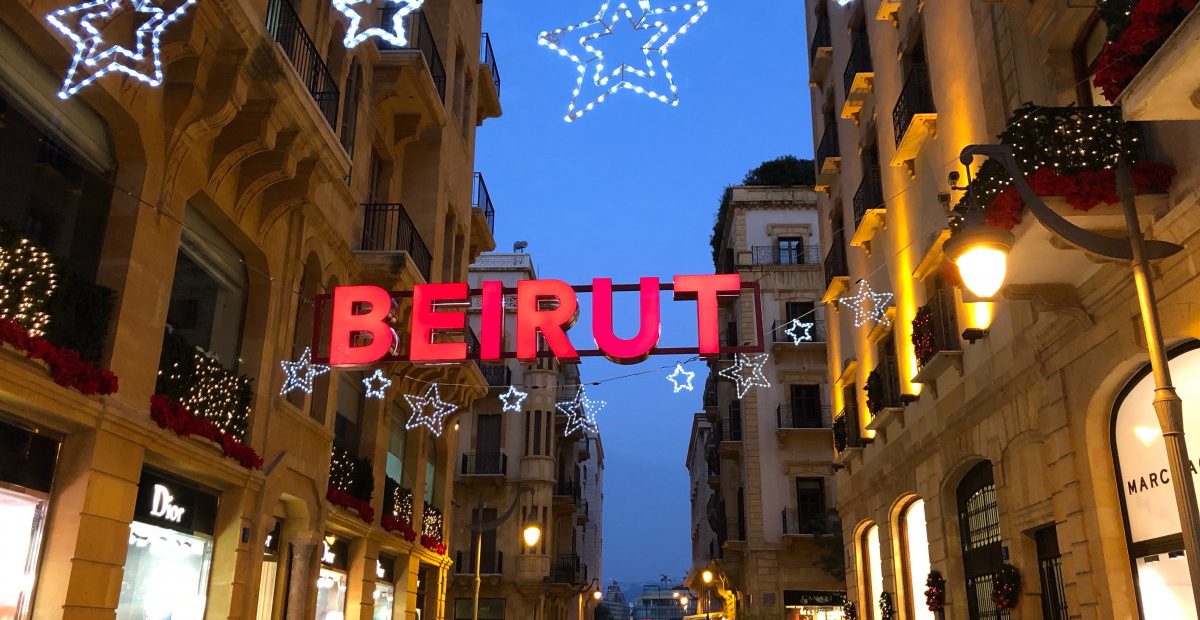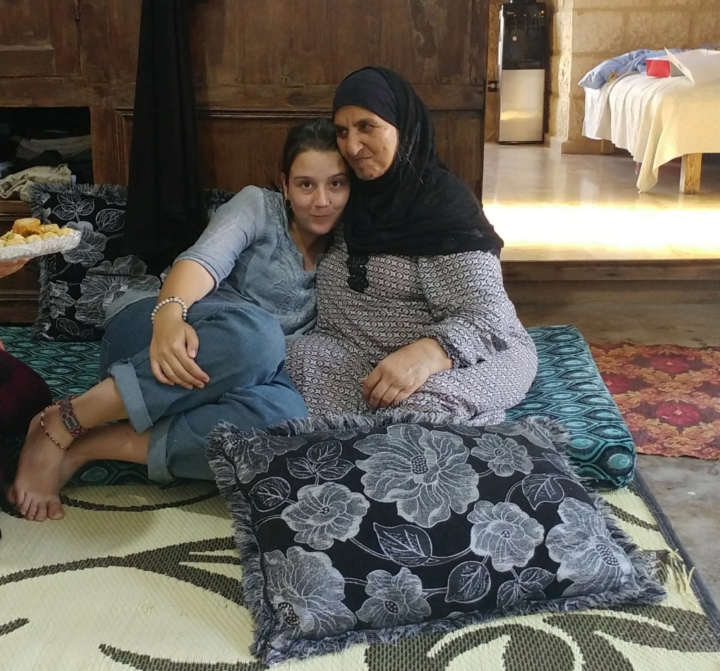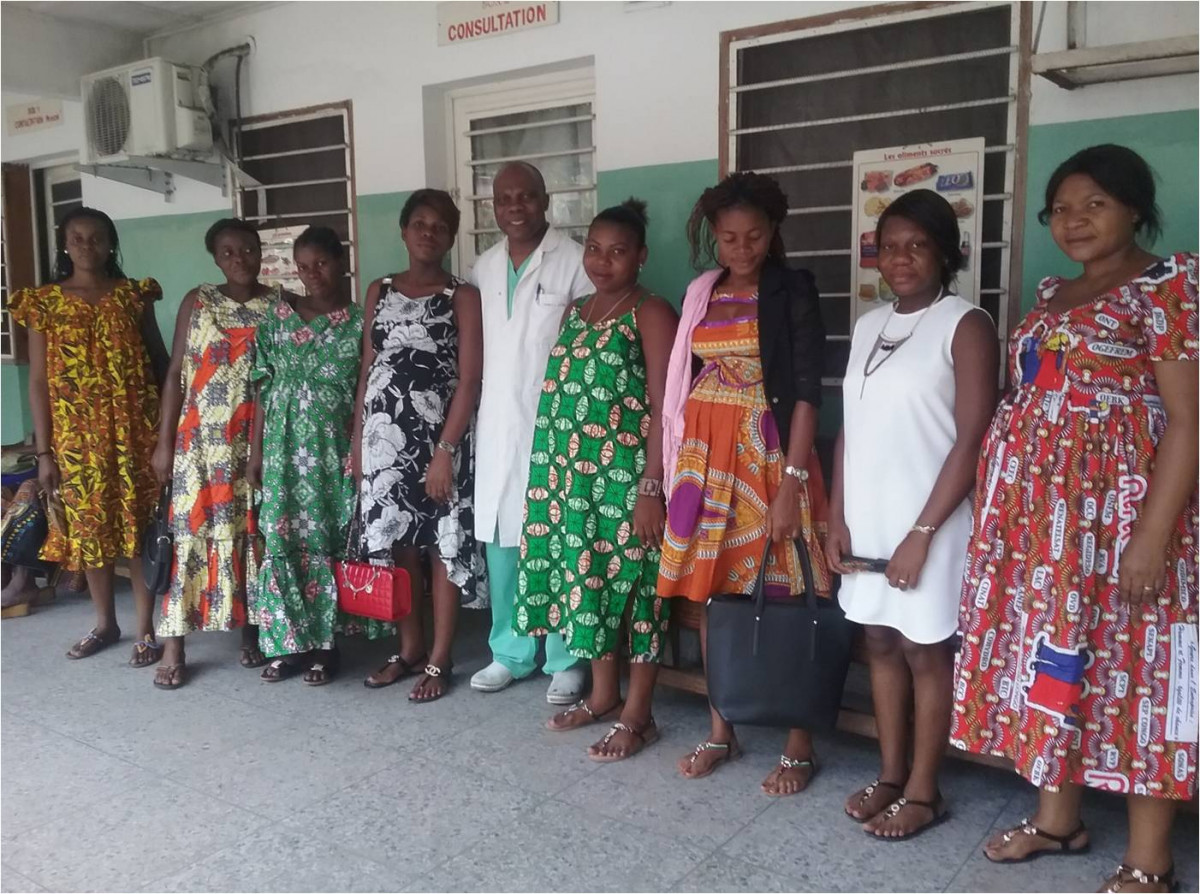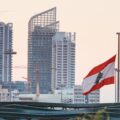
Workshop
Meeting wounded humanity in Lebanon’s largest prison

It took some time to reconstruct the facts referred to in this letter we received in our mailbox (mediaoffice@unitedworldproject.org). A tactful and strong text, a sort of secular meditation, a very deep and wise reflection on the theme of brotherhood, applied to the milieu of prisons in Lebanon.
The reported facts – all of them rigorously true – took place a few days before last Christmas, precisely on December 22. The venue, as already mentioned, is Lebanon. This is the background: the President of the Beirut Criminal Lawyers’ Register, a man of faith, involved 724 lawyers from Beirut and Tripoli, in the inspection of the 23 prisons in the country, hosting over 7,000 prisoners. The aim of the initiative: to raise awareness of the inhuman living conditions of prisoners, to involve civil society and, above all, the relevant authorities, in the urgent need for building facilities that respect their dignity. Each lawyer had to fill in forms about the prisoners’ state of health and legal status, check if they received legal assistance and whether their stay in prison was due to non-payment of bail, even if they completely served their sentence.
The narrator is Mona Farhat, a 36-year-old Lebanese lawyer. She visited the Roumieh prison, the largest in Lebanon, on the outskirts of Beirut. She told us: “Roumieh Prison is heavily overcrowded – every cell, designed for 20 people, hosts 118 prisoners. The situation is tragic and at the time of the Coronavirus, it is getting worse and worse. Recently, the State has decided to release those who have served their sentence but have not yet paid the bail. This is a good thing, it will reduce their number.” Mona said that because of this initiative, the lawyers managed to get about 50 prisoners out, paying, thanks to various aids, the money that they had to repay after serving their sentences.
It is Christmas Eve, there are no lights and decorations, in the shopping malls there is no trace of the classic consumer fever and yet, the Christmas atmosphere reigns supreme. Solidarity is the guest of honor at the banquet of the Nation, it does not linger in front of religious confession or origin but hurries to step forward in a thousand ways. It does not swell, does not boast, warms hands and hearts, and generates new ideas every day with gestures of unique finesse.
Thus, the Country, dressed in its most beautiful suit, is witness to a project of great audacity. Solidarity not only heals the minor wounds, it dresses 724 lawyers in their robes to visit 7,000 prisoners.
This initiative, launched by an inspired man, has found echo in many hearts who had the courage to believe that to build your Country you must dare to take the path of brotherhood. The journey to prisons is fraught with pitfalls. Indeed, the dark areas of our cities are well hidden. Visitors go there unarmed, according to the instructions of the inspired man. They shall be clothed with humanity, with love.
It is a gaping wound, which these visitors discover when they witness the scene of human beings stacked one on top of the other with all their injuries and tragedies.
Reduced to the condition of inmates, they attempt a smile, make a gesture of welcome, and find the courage to tell their stories and their daily lives.
I was among the “chosen ones” who visited the prisoners: seventeen women and two men who entered a wide round room, where the prison cells size is only two metres by two, interspersed with cloth curtains, where seven people sleep on two mattresses. A great fear caught all of us at the sight of the 118 prisoners who welcomed us, with just a few prison guards around.
At that very moment, the expression “Love drives fear away” came to my mind. Surpassing myself with my fears, I began to love the prisoner in front of me, asking him about his conditions of detention. Then, we all went to a small room, where, together with the prisoners, we filled in the cards about their condition. I happened to fill in the card concerning the same person I first met. He listed the many reasons for his imprisonment, described his family situation and, in a few minutes, he told me about many tragic situations he lived.
We looked into each other’s eyes and discovered that we were brothers. Although I felt powerless in the face of such a situation, I couldn’t help but look at him in the eyes and tell him the only Truth that is the reason for our hope: “Do you know that you are very much loved?” Very surprised, he replied: “Oh is that right? And by whom?” “God loves you immensely, you are very important to us,” I answered.
My friend looked down, moved by what I had just told him. I myself was amazed by my words. That encounter marked my life. If we are to judge actions, we certainly cannot judge people who followed such tortuous paths.
We only need to remove the dust, to discover humanity hidden behind deep wounds. In my heart, I ask forgiveness of these human beings for the indifference of society, for having relegated human dignity to a secondary position, and because in this dark place there is no respect for the most basic human rights.
If we do not get out unharmed from this experience that marks the beginning of a new journey, we discover that nations are not built with a drumbeat, or with inflamed speeches, or the denunciation of evils, but through actions in which the infinitely great joins the infinitely small.
It took only one person to change the course of events by means of a bunch of women and men who are committed to this great project of brotherhood.
Is it not foolish to put man back at the center of the concerns of the institutions? Is it not foolish to make the institutions rediscover their primary vocation?
The project is underway, it awaits the contribution of all, whether material or otherwise, to continue to write together, with letters of fraternity, this page in the history of our Country.
Mona Farhat, Lawyer at the Court, Lebanon






